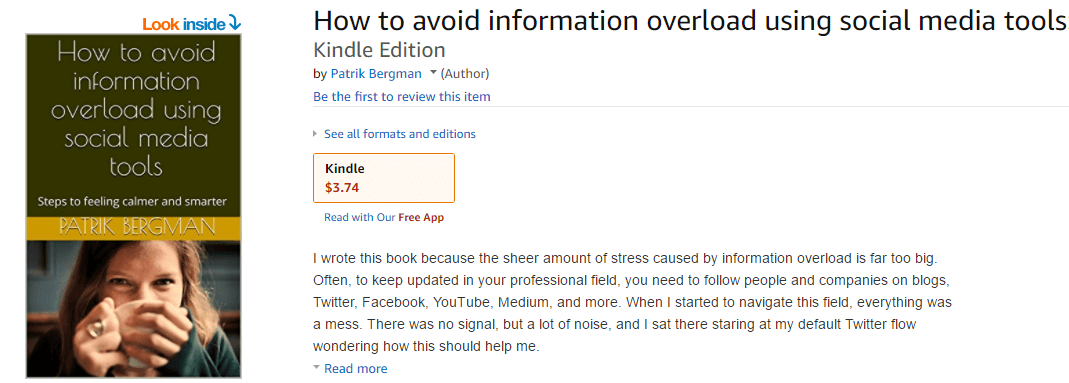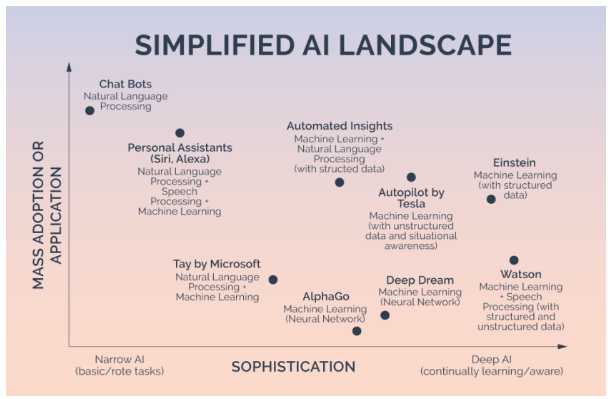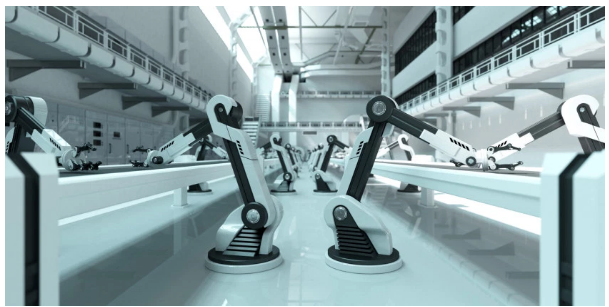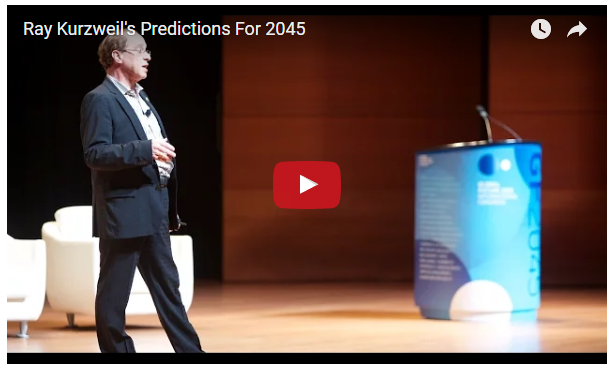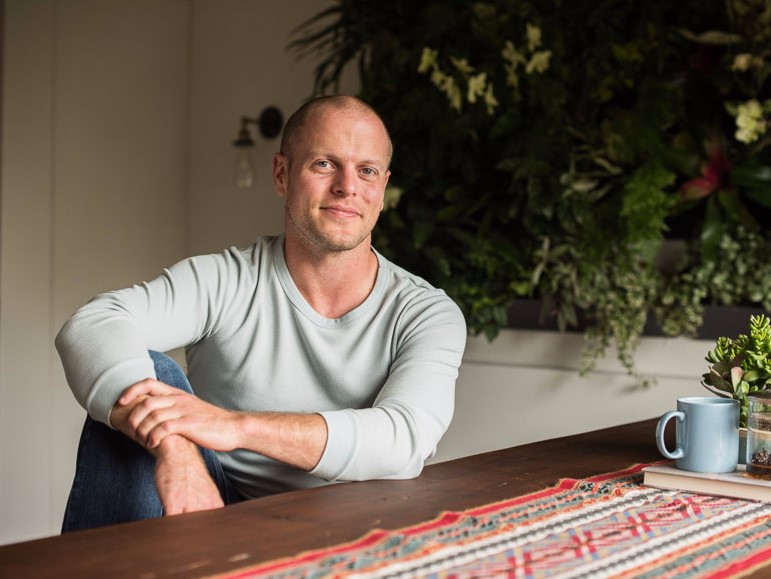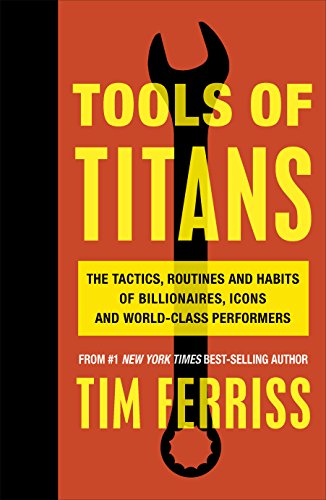Back from the holidays, it is far too easy to jump at any anything and everything that lies before you at work and at home. Everything you postponed until after the holidays just lays there and is waiting for you to Get Things Done and be awesome. But wait. Before you dive into a full schedule of to-dos, remember that you don’t need to give a f*ck about everything before you. Why the swearing, you might wonder? I just read Mark Manson’s The Subtle Art of Not Giving a F*ck: A Counterintuitive Approach to Living a Good Life.
First, question your goals and beliefs to make sure you are on the right path. Don’t wait for others to take responsibility for your life – it is up to you. Remove the tasks, meetings, and to-dos that don’t add value to the bigger goals in your personal and professional life. As Stephen Covey would say, put First Things First – if you pour in the sand first, the bigger and more important rocks won’t fit. Then prepare to meet hardships, since this is how you grow. At the end of the hardships you might find happiness and freedom, but more importantly you have grown as a human. No, not everything is in your control, but make sure that you are in charge of the things you can control and stop blaming others.
So, if you need a push in the right direction, I advise you to read Mark’s book. Then run off and make the world a better place, and prepare for some struggling. As he says: “Who you are is defined by what you’re willing to struggle for.”
